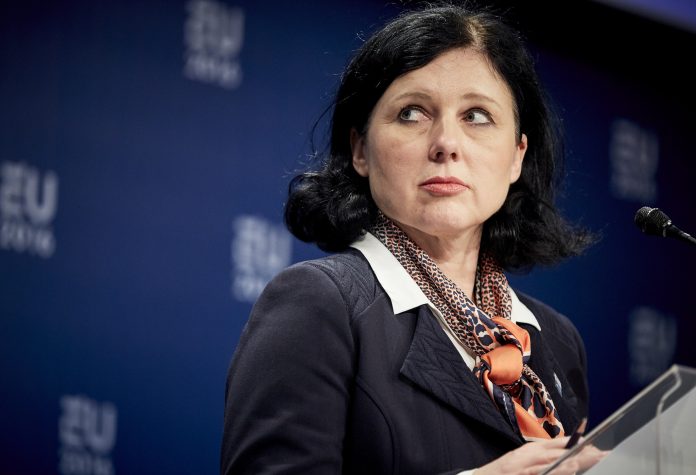The European Commission on February 13 announced it has adopted a new list of third countries with strategic deficiencies in their anti-money laundering and counter-terrorist financing frameworks. The blacklist includes 23 jurisdictions, from Saudi Arabia to Nigeria and to the Bahamas, Panama to Iran, will now be submitted to the European Parliament and Council for approval within one month.
The aim of this list is to protect the EU financial system by better preventing money laundering and terrorist financing risks.
According to a Commission press release, banks and other entities covered by EU anti-money laundering rules will be required to apply increased checks (due diligence) on financial operations involving customers and financial institutions from these 23 high-risk third countries to better identify any suspicious money flows. On the basis of a new methodology, which reflects the stricter criteria of the 5th anti-money laundering directive in force since July 2018, the list has been established following an in-depth analysis.
“We have established the strongest anti-money laundering standards in the world, but we have to make sure that dirty money from other countries does not find its way to our financial system,” said Věra Jourová, Commissioner for Justice, Consumers and Gender Equality. “Dirty money is the lifeblood of organised crime and terrorism. I invite the countries listed to remedy their deficiencies swiftly. The Commission stands ready to work closely with them to address these issues in our mutual interest.”
According to the Commission, the list has been established on the basis of an analysis of 54 priority jurisdictions, which was prepared by the Commission in consultation with the EU member states and made public on 13 November 2018.
The countries assessed meet at least one of the following criteria: they have systemic impact on the integrity of the EU financial system, they are reviewed by the International Monetary Fund as international offshore financial centres, or they have economic relevance and strong economic ties with the EU.
For each country, the Commission assessed the level of existing threat, the legal framework and controls put in place to prevent money laundering and terrorist financing risks and their effective implementation.

